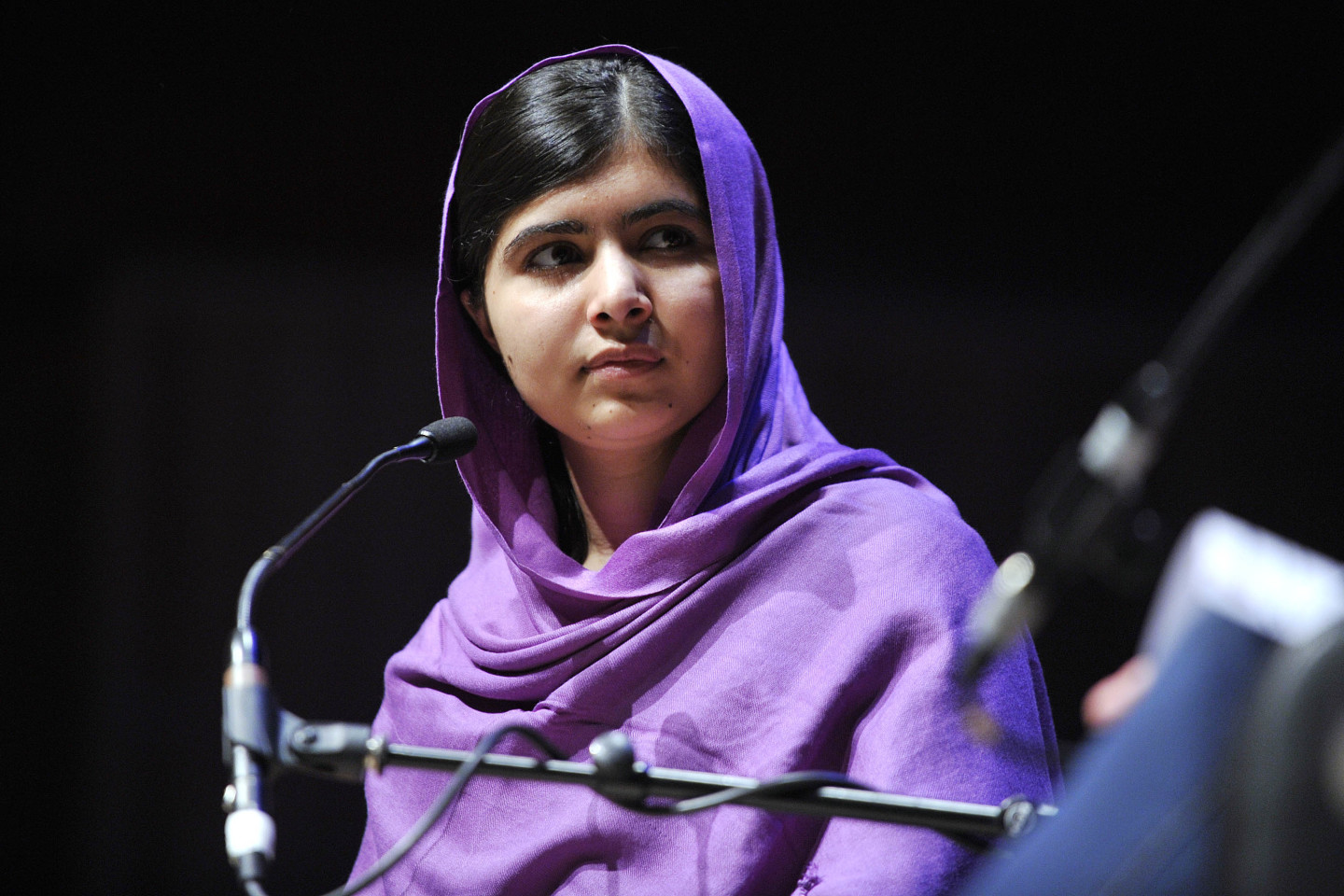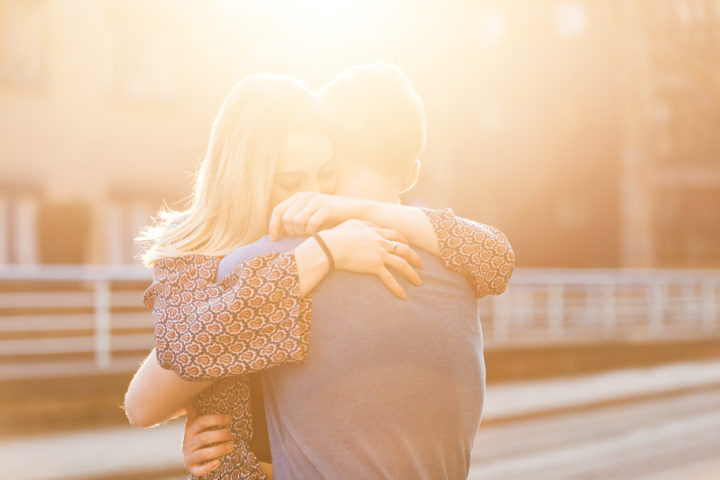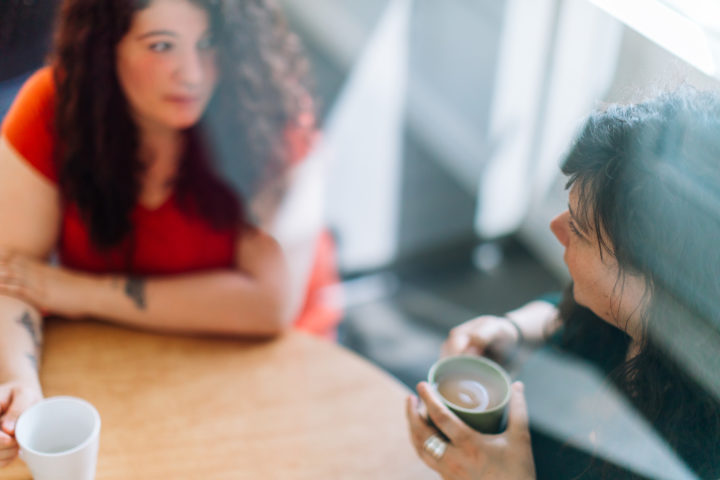Malala Yousafzai is the youngest Nobel Peace Prize recipient ever and general gender equality badass.
For those who are unfamiliar with her story, Malala Yousafzai was 15 when she was shot in the head three times by the Taliban in 2012 for standing up for her right to education in Pakistan, a place where girls are often banned from attending school. Since then, Malala has shaken the world as she passionately advocates for young people’s universal access to and the importance of education.
Through her work, Malala Yousafzai has helped young girls everywhere, fighting for their educational and human rights, as she aims to create a world that is free of violence and oppression. In addition to being the youngest Nobel Laureate when she won the 2014 prize, Malala Yousafzai shows us four amazing things: That young people can and are making an impact, that adversity can make us stronger, that there’s power in education, and that we can use our voices to make a difference. Here are some of the many lessons we should and can all learn from her:
Young People Can Achieve Greatness
Malala’s accomplishments are far beyond what are expected of the average 17 year-old. After months of recovering from the attack on July 12th 2013, Malala celebrated her Sweet 16 at the United Nations Headquarters, speaking to the United Nation’s Youth Assembly and United Nations Secretary-General Ban Ki-Moon, as they declared “Malala Day,” which celebrates her commitment to girls’ education.
Some other highlights: Malala was honored at the age of 15 on the cover of TIME’s 100 Most Influential People issue, authored her best-selling autobiography I Am Malala: The Girl Who Stood Up for Education and Was Shot by the Taliban at age 16, and oh yeah, won a Nobel Peace Prize. And she did all of this while attending high school. Malala defies conventional expectations of age and exemplifies to all young people that as Aaliyah sang, “Age ain’t nothing but a number,” and that when motivated, young people are capable of anything.
Overcoming Obstacles
Malala has sacrificed her life fighting for her beliefs. Her commitment to standing up for what she believes in even under the toughest circumstances as she turns fear into bravery is an inspiration to us all. As she said in her first public speech after the attack at the United Nations, on resilience:
“They thought a bullet would silence us, but they failed. Nothing changed in my life except this: Weaknesses, fear and hopelessness died. Strength, power and courage was born.”
The Power in Education
Malala has reminded us that universal education is an essential and life-changing human right. As she wrote in a powerful op-ed for The Guardian, education is an empowering tool that alleviates poverty and violence and creates a better future for young people.
“Education is the best weapon we have to fight poverty, ignorance and terrorism. But today, 57 million children around the world do not go to school at all. Another 250 million children drop out or do not learn basic reading or maths by the time they reach grade four. We are failing these children. I think if we are all honest, we know we can do better.”
Additionally, Malala has reminded us the importance of education in achieving women’s rights and how girls’ opportunities to express themselves and develop their skills help us all to attain equality and a better understanding of knowledge.
We Can Make A Difference
Malala is a luminary for us all, showing us that our voices and beliefs matter even when the odds may be stacked against us. As Malala continues to work tirelessly towards creating a better future for girl’s education and children’s rights, we should all try to learn from her courage and aspire to change the world for the better, as Malala has empowered us to do.
Cover image courtesy of Wikipedia Commons.




comments